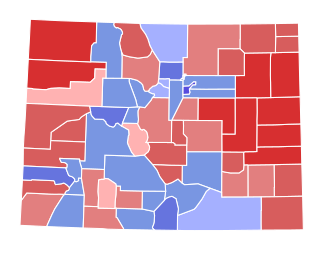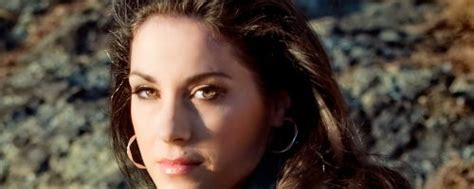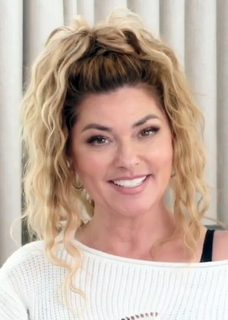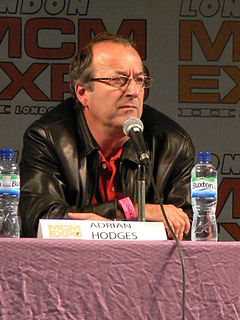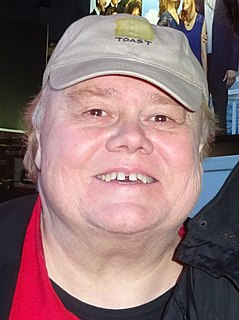A Quote by Joss Whedon
I always want to make sure I'm telling a story about people that I care about.
Related Quotes
I think that people have to have a story. When you tell a story, most people are not good storytellers because they think it's about them. You have to make your story, whatever story it is you're telling, their story. So you have to get good at telling a story so they can identify themselves in your story.
Tonally, there was no discussion; I just don’t know any other way to do it. I don’t want to make people feel bad, and I don’t want to make their problems into a joke. I do love telling people when they’re right and wrong, but for the most part, it was always going to be about real fights where people have a real difference of opinion and a real dispute. I want to make jokes, but I also want to make a decision that is fair.
This is our story to tell. You’d think for all the reading I do, I would have thought about this before, but I haven’t. I’ve never once thought about the interpretative, the story telling aspect of life, of my life. I always felt like I was in a story, yes, but not like I was the author of it, or like I had any say in its telling whatsoever.
I don't have to worry about what people are thinking and what's going on in the industry. I don't want that stuff to influence what I'm doing. Because I think it stifles you creatively. I don't want to have to care too much about that. All I care about is what the fans think. It's really all I care about, honestly.
Your agent or manager tells you. They go, "You're out. They're gonna get a new guy." But then I didn't feel bad. I didn't take it personally. Not that I'm competitive at all. But you have pride in that, you know? You want your ratings to be good. But now that I'm 62, I don't really care about the ratings. I don't care about the reviews. I care about the work, and I care about the people that I'm working with, and I try to make the experience for them and myself as good as it can be.
So you want another story?" Uhh... no. We would like to know what really happened." Doesn't the telling of something always become a story?" Uhh... perhaps in English. In Japanese a story would have an element of invention in it. We don't want any invention. We want the 'straight facts,' as you say in English." Isn't telling about something--using words, English or Japanese--already something of an invention? Isn't just looking upon this world already something of an invention?




